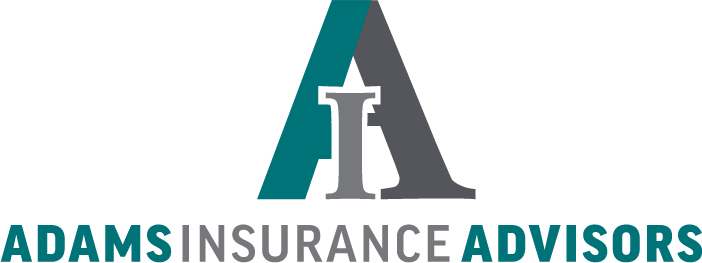Social media such as Facebook, Instagram, and Twitter provide quick ways to connect with your customers. You can communicate everything from changes in business hours, exclusive sales, success stories, and employee or customer recognition.
But keep in mind, social media is not without risk to your business. Small businesses, in particular, can suffer if they don’t have a social media plan, don’t protect their social media profiles, or have the proper liability coverage to protect their activities.
Social media is an effective way to engage with current and potential customers. However, there are risks to engaging through social media. When creating your small business social media plan, consider these top risks:
Security threats
Any social media account can be hacked, including business accounts. Hackers may post material damaging to your brand or even send your followers messages with viruses attached.
Hacking is dangerous for your brand, especially if you don’t address the issues immediately. If your account is hacked and your customers aren’t aware, it can take time to regain their trust.
To protect against hacking, there are a few things you can do:
- Avoid clicking on any suspicious links sent to your social media account
- Change your account passwords often, at least every six months
- Create a central social media management system that has firewalls for protection
If you’re suspicious of an email or activity within your social media accounts, remember that common sense can go a long way in protecting your accounts from hackers.
Data collection regulations
You can gather a large amount of data from your potential customers and clients through social media. For example, clients may subscribe to email lists, giving you more personal information, or make purchases, which gives you financial information, too.
Whenever you collect data, you need to follow local and federal regulations on how to collect, store and process that data. You’ll also need to take steps to protect confidential data from malware, hackers, and even dissemination among your workforce.
Damage to your reputation
Anytime you begin acting as your business online, you are putting your reputation at stake. Every post should align with your brand and help your customers feel closer to your business.
Protecting your reputation means protecting your brand. In order to ensure your content and interactions online do not harm your reputation, you should:
- Claim any profiles that exist of your business so you can control how your business looks.
- Create a social media plan for your content, including guidance on what types of content are okay to share.
- Determine how you will respond to messages and comments on your page.
- Limit the number of employees who can post as your business.
- Train these employees on your brand and what content is okay to post.
Protecting your reputation and keeping an online presence consistent with your brand is vital to building trust and connecting with your customers.
Intellectual property infringement
When you use social media personally, you probably don’t think too much about who owns the right to the music video you just shared or the picture you just posted. But as a business, you need to be aware of the possible legal issues with the content you post.
For instance, you cannot create an ad for Facebook that uses a photograph you don’t have rights to. Similarly, you can’t make a promotional video using a song you don’t have permission to use.
If you want to use someone else’s material, you need to have the proper rights to photos, music, videos, artwork, and other assets. If you don’t have them, the owners can sue you for using their intellectual property without permission.
Cyber liability insurance
It’s important for your small business to include cyber liability insurance as part of your insurance strategy, especially if you handle a large volume of personal data, use technology to operate, and post on social media. And even if you have security measures in place, remember they aren’t always foolproof – failure can happen.
When considering the purchase of cyber liability insurance for your small business, it’s important to do the following:
- Conduct a risk assessment
- Determine how much risk you are willing to take – a process called cyber loss modeling
- Assess your cyber security by selecting the appropriate framework from which to base the assessment
- Refer to industry groups that specialize in cyber risk such as the National Institute of Standards and Technology (NIST) and the Center for Internet Security (CIS)
Cyber insurance may help protect you against losses associated with security breaches, data loss, phishing scams, cyber extortion, and hijacked accounts, but it won’t protect you from erroneous or damaging posts made by you or your employees.
Media liability insurance
If you produce or market online content (articles, blogs, photos, social media influencers, reviews, books, videos, photographs or other activities) you need to consider media liability coverage.
Media liability insurance is a form of Errors and Omissions (E&O) insurance that helps protect against liability claims such as defamation, misrepresentation, intellectual property infringement, and any liability risks posed by engaging online.
Get coverage for your business
Commercial general liability (CGL) coverage may be sufficient to protect your business from the risks involved with your online activities, but it may not be. Contact one of our experienced agents about any exposures you may have.
